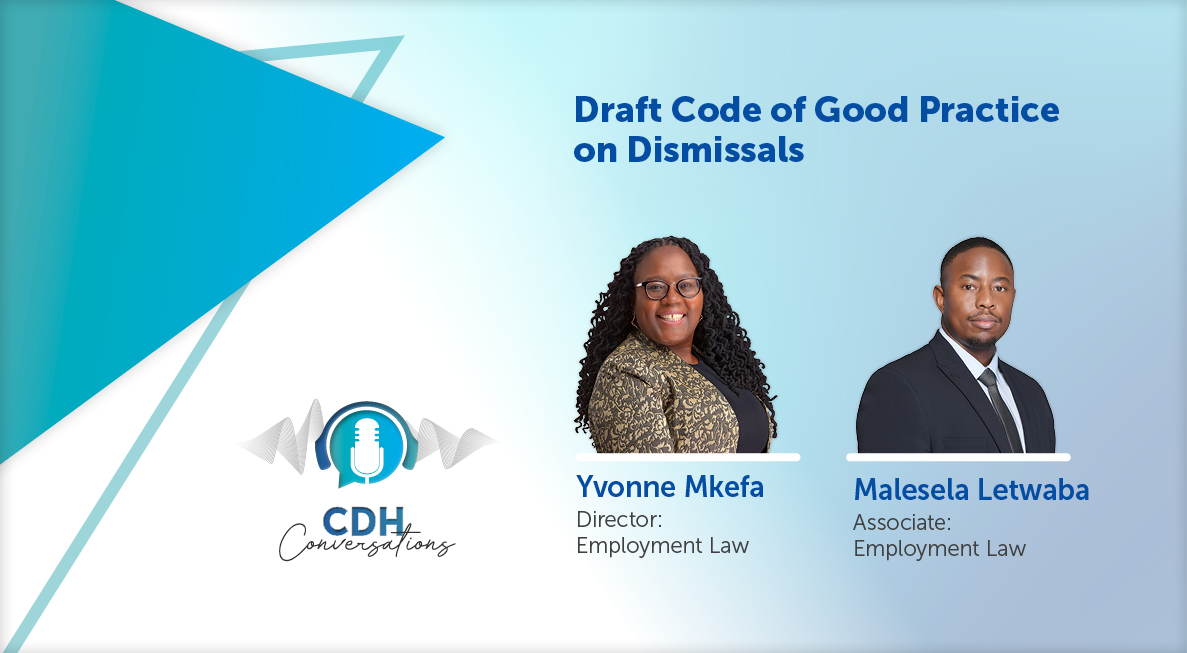Proposed amendment to the date on which the estimate for the second provisional tax payment must be submitted
A provisional taxpayer is generally required to make two provisional tax payments, six months into the year of assessment and at the end of the year of assessment, but has the option to make a third top-up payment after the end of the year of assessment. Provisional tax payments are calculated on estimated taxable income (which includes taxable capital gains) for the particular year of assessment.
There are certain rules that must be adhered to when making estimates of taxable income for provisional tax purposes. Certain penalties and interest will be imposed if the estimates are inaccurate or if the submission of the estimates or the payment of provisional tax is late.
In respect of the second provisional tax payment period, a provisional taxpayer is required to submit a return to the Commissioner which includes an estimate of the total taxable income that will be derived by the taxpayer in the year of assessment (second period estimate). Due to the fact that the second period estimate is made at or close to the end of the year of assessment, a tax payer is often in a position to make a relatively accurate estimate of the taxable income for the year of assessment concerned.
An underpayment penalty may be levied for the second period when the actual taxable income as finally determined is more than the taxable income estimated on the second provisional tax return. The calculation of the potential penalty depends on whether actual taxable income is more than R1 million or whether actual taxable income is equal to or less than R1 million. Such an underpayment penalty is deemed to be a percentage-based penalty imposed under Chapter 15 of the Tax Administration Act. It is further noted that the penalty may be levied even if the Commissioner has increased the estimate under paragraph 19(3) of the Income Tax Act.
Notwithstanding the above, it must be noted that currently, a provisional taxpayer is not subject to the underpayment penalty if an estimate for the second provisional tax period is submitted before the due date of the subsequent provisional tax payment. The Minister has proposed in the Budget that this window period be closed on the date of assessment of the relevant year.
The information contained in the Budget is limited. However, it appears that the proposal would limit the time between the submission of the provisional tax returns and the actual payment of the provisional tax for the second period.
More clarity will be obtained once the draft legislation has been published.
The information and material published on this website is provided for general purposes only and does not constitute legal advice. We make every effort to ensure that the content is updated regularly and to offer the most current and accurate information. Please consult one of our lawyers on any specific legal problem or matter. We accept no responsibility for any loss or damage, whether direct or consequential, which may arise from reliance on the information contained in these pages. Please refer to our full terms and conditions. Copyright © 2026 Cliffe Dekker Hofmeyr. All rights reserved. For permission to reproduce an article or publication, please contact us cliffedekkerhofmeyr@cdhlegal.com.
Subscribe
We support our clients’ strategic and operational needs by offering innovative, integrated and high quality thought leadership. To stay up to date on the latest legal developments that may potentially impact your business, subscribe to our alerts, seminar and webinar invitations.
Subscribe




